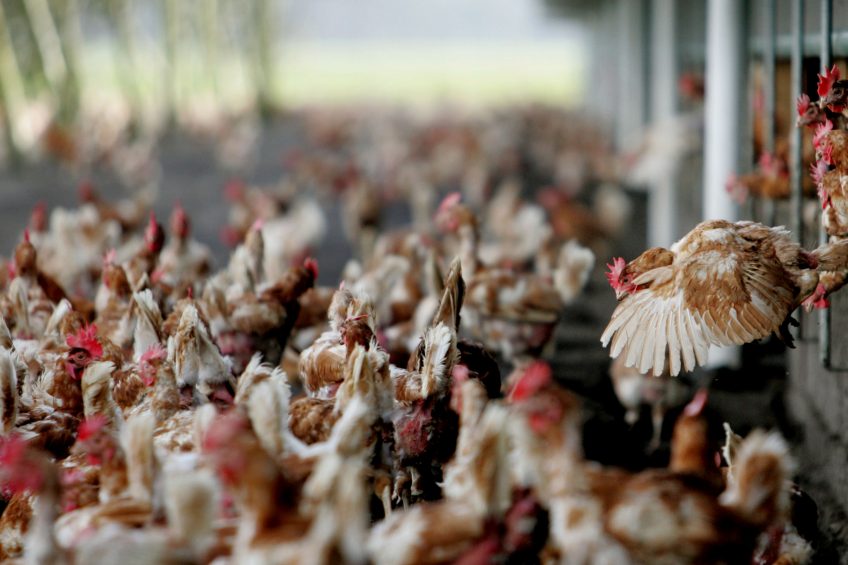Fermented protein to reduce antibiotics in poultry

A Danish company that researches and produces alternative proteins for poultry and pigs has come up with a relatively unique process to help reduce the use of antibiotics and increase animal health.
The Danish firm European Protein says its fundamental concept is to promote the production of antibiotic-free livestock to help develop sustainable farming, particularly in the pig and poultry sectors. The company wants to achieve this through use of lactic-acid fermented protein feed combined with other important factors such as management, animal welfare and microbiology.
Can make a big difference
The overall objective is to produce the greatest possible number of animals without the use of antibiotics. Greater profits can be achieved by farmers if they can produce animals without using antibiotics. It is also possible to offer consumers high-quality pork and poultry produced without the use of antibiotics. European Protein says it recognises the importance of conventional requirements and methods in Danish pork and poultry production.
However, by holding a number of trials in Denmark and other countries European Protein has confirmed that applying microbiology techniques in production can make a big difference. European Protein said: “Our strategy involves working to reduce the incidence of bacteria and associated disease in livestock through introduction of lactic-acid fermented feedstuffs/products, as an alternative to administrating antibiotics.
Breaking down pathogenic bacteria
Gastro-intestinal health is known to be a common source of disease, as its processes affect all other areas of the body. Research has shown that poor gastro-intestinal health is the root cause of many medical conditions. “Our products contain lactic-acid fermented protein combinations, whose individual compositions and respective fermenting methods create a range of substances that break down pathogenic bacteria.
“These components thus contribute to good gastro-intestinal health in livestock. Another effect is the reduction of bacterial pressure in animals and livestock production areas in general. In combatting pathogenic bacteria in livestock and farm buildings, it is of primary importance to use appropriate fermented products and quantities based on the specific farming situation and its microbiology,” according to the company.
Start with the sows
Some of the company products consist of fermented rapeseed, fermented seaweed or fermented soybeans. European Protein insists it is important to introduce their products into pig feeding cycles early by giving them to sows. At this stage the products target endotoxins, which cause diseases such as neonatal porcine diarrhoea. In addition, trials have shown that sows fed with European Protein products generally have better gastro-intestinal health; this in turn improves the health of foetuses and piglets, which are stronger and more uniform at birth. The company added: “Piglets that get a good start feeding from healthy sows are easier to wean without incidence of diarrhoea. Animals need to reach a weight of approximately 30kgs without such gastro-intestinal problems, as achieving proper feed consumption, growth and good health for slaughter must be problem-free and efficient.
“Experience shows that it is possible to decrease use of antibiotics to a level of around 10% in a farm’s pig population. As for poultry, it has been possible to discontinue use of antibiotics for problem populations of chickens and turkeys.”
European Protein has confirmed 30 pig farmers in Denmark and 1 in Poland who are already feeding their protein have managed to bring their antibiotic use on farm down to a level below 10%.












